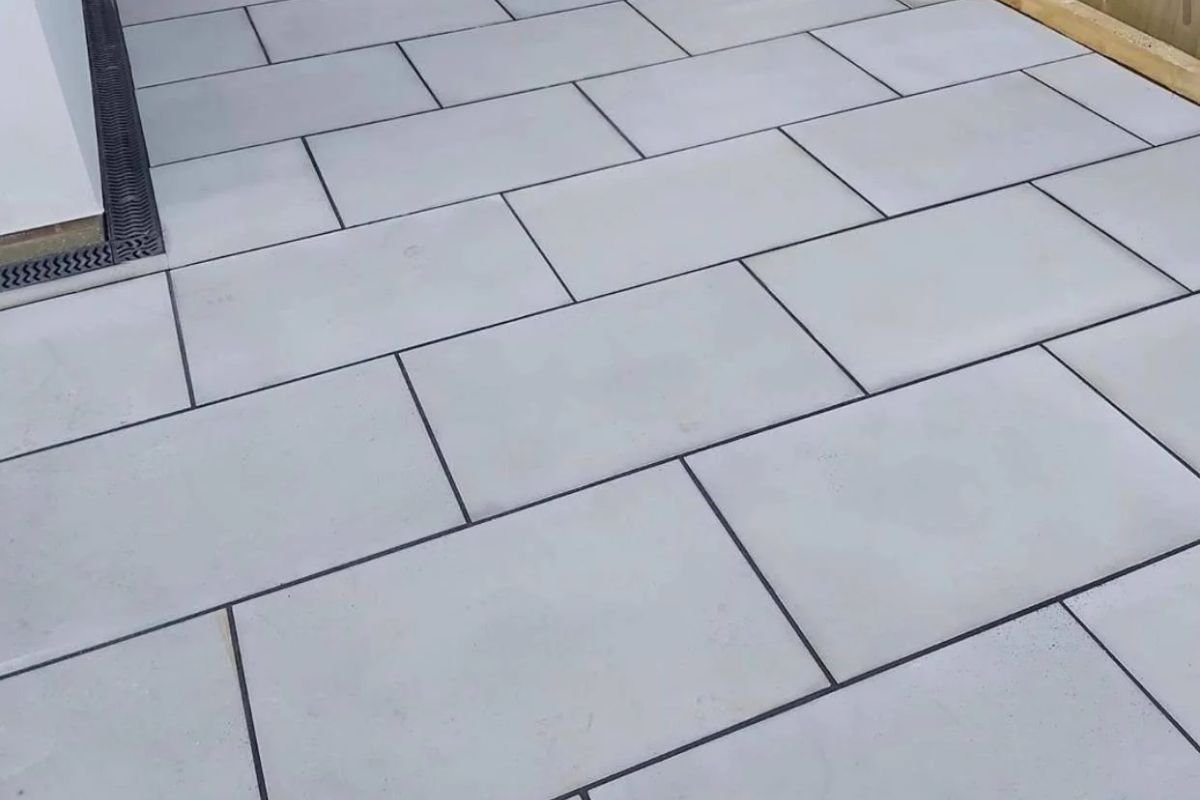Your choice of an interior designer for your home renovation project will have a significant impact on the appearance, ambience, and usability of your space. While some homeowners are hesitant to hire a design team at all, others splurge on full-service design firms. They believe that choosing each component, protecting every product, and putting numerous solutions into place themselves would be less expensive. But, the appropriate renovation architect may frequently help homeowners save money on renovations. Architects with experience help keep the job on schedule by closely adhering to the homeowner’s budget and schedule. No matter the size, scale, or style of the refurbishment, their knowledge and connections guarantee a faultless execution. Here are some suggestions for picking an interior architect for your makeover.
Three Steps to Choose An Architect For Renovation
1. Plan Your Project’s Budget And Scope:
Determine the budget and scope for your home renovation project before you even think about hiring a residential renovation architect, interior designer, or full-service design agency. Even if you probably already know what you can afford, you might not be aware of how this sum will be distributed or, what it can be used for. Creating a budget is essential because it helps you establish the size of your project. Homeowners should budget at least 10% to 25% more than they had originally planned to spend on their renovation. This sum should be placed aside by homeowners in their budget and not touched until a problem manifests. Next, when budgeting for improvements, homeowners should take their home’s value into account.
2. Think About Hiring a Residential Architect, Interior Designer, or Both:
The next step is to decide if you require an interior designer, a home architect, or both. Are you confused about how to choose between a designer or a renovation architect in Brisbane? any designers have some training and knowledge in architecture, similarly, many architects have training and knowledge in design. though decorators frequently lack structural knowledge. As a result, certain interior designers or architects are completely equipped to tackle difficult renovations. Substantial renovations that involve both destruction and reconstruction might necessitate the services of a residential architect.
A domestic renovation architect may be needed if your remodeling involves changing the layout of the house, moving anything electrical, or, requiring plumbing work. Residential architects closely monitor the construction to check that the building meets the design. They are also knowledgeable about safety requirements. Interior architects contribute to all space planning and have a significant impact on a home’s shape and function. The majority of designers also possess strong educational backgrounds in architecture, design, construction, building codes, and sustainability. Since each project is unique, you should ultimately look at your project to evaluate whose abilities best meet your needs.
3. Schedule Meetings With Designers:
Start looking into local architecture after deciding on a hiring budget, professional style, and scope. When feasible, get recommendations from friends, but remember to first think about your personality and preferences. Even though a friend’s house can be exquisitely designed, his or her style might not complement yours. As a result, you might not be a good fit for his or her designer. Once you have compiled a list of potential hirings for a Brisbane renovation, take into account the “rule of three.”
Meeting three of the designers on your shortlist entails doing this. You will probably discover that two of the people you meet are probably more like-minded and one will stick out to you. While meeting with a few designers makes it easier to compare different styles and personalities, meeting with a lot of designers can overwhelm the brain with information. During your appointments, enquire the following questions to make sure you’re forming the ideal partnership.
- How will you keep me informed about the project?
- How do you deal with delays in the timeframe and budget?
- With which suppliers do you frequently collaborate?
- How have you handled projects like mine in the past?
- Do you feel at ease working with others?



